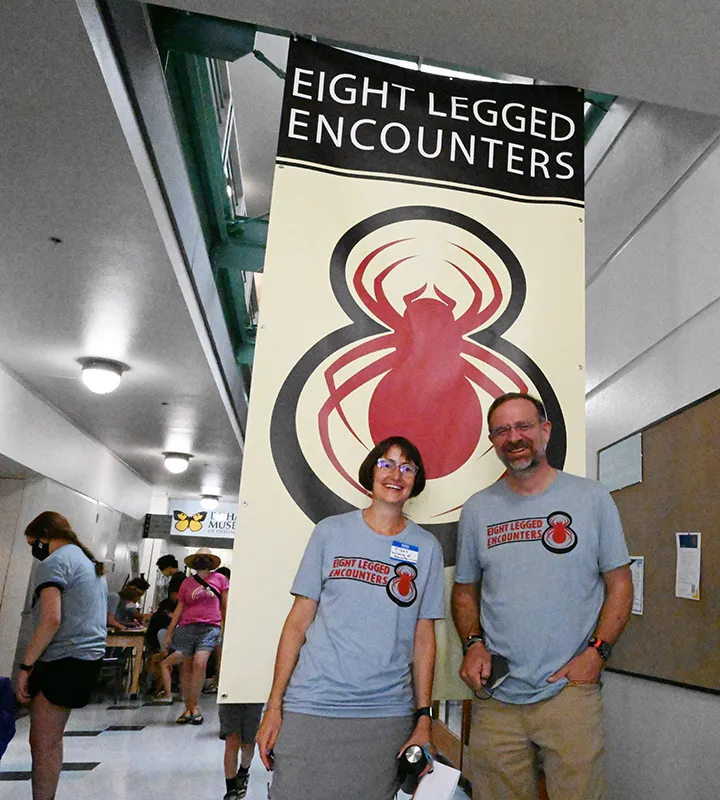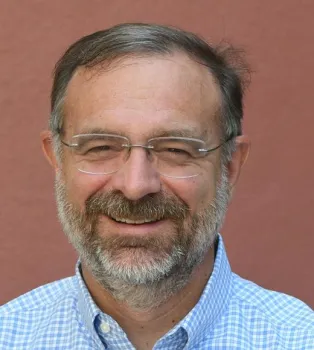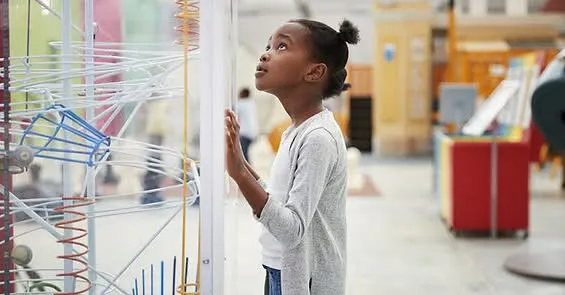
You may know UC Davis Professor Jason Bond of the Department of Entomology and Nematology,
He's the Evett and Marion Schlinger Endowed Chair of Insect Systematics; the director of the Bohart Museum of Entomology; associate dean of the UC Davis College of Agricultural and Environmental Sciences, and president-elect of the American Arachnological Society.
Earlier this year he won the Systematics, Evolution, and Biodiversity Award from the Pacific Branch, Entomological Society of America (PBESA). His colleagues know him as “a powerhouse in the world of systematics and arachnology." His peers and students praise his exemplary research, teaching, mentoring, public service, and outreach activities

“Jason is an internationally acclaimed, cutting-edge researcher known as an exemplary professor, mentor and collaborator, and hailed for his highly successful outreach efforts that stretch across the state, nation and beyond,” wrote nominator molecular geneticist and physiologist Joanna Chiu, professor and chair of the Department of Entomology and Nematology. “He is a powerhouse in the world of systematics and arachnology.”
In his research, Bond specializes in the evolutionary diversification of terrestrial arthropods, specifically spiders, millipedes, and tenebrionid beetles; and researches the landscape scale genomics of California species, with an emphasis on understanding the impact of global change on biodiversity. He is also a principal investigator associated with the California Conservation Genomics Project, a state-funded initiative with a single goal: to produce the most comprehensive, multispecies, genomic dataset ever assembled to help manage regional biodiversity.
Fast forward to today. Professor Bond is concerned about the future of science.
We asked if we could share his recent Facebook post. Yes.
"I am sitting in the Salt Lake City airport on my way home from the 2025 American Arachnological Society meeting in Golden. Co. -- it was amazing in so many ways! For those of you that aren’t in the sciences, these meetings are where a bunch of scientists (pretty nerdy folks) get together and share their discoveries (presentations and posters). Although there’s a lot of REALLY good science, it’s intermingled with a lot of fun....I get to see some lifelong friends and hear about the amazing science they and their students are doing (the student research is often the best!). I am SO proud of the science, training, education, and outreach that my friends and colleagues are doing.
"While there have been a few meetings over the past three years, this one was particularly poignant in so many respects. First the positive. I think we are finally recovering from the pandemic and hope attendance and AAS membership will continue to pickup. When I hosted the first in-person, post pandemic meeting at UC Davis back in 2022 following a two year hiatus, it was tough on so many levels. From the communuty, there was some vocal and, frankly hurtful resistance criticizing me and the society for hosting an in-person meeting, I do understand that online meetings are more inclusive but at the same time I think the need for human beings (even scientists) to gather in person, share their science, stories, love of arachnids(!), and learn, together, is good for our souls. While online meetings and Zoom have their place, they don’t replace getting together in the same room, period, full stop, end of sentence… Maybe we had that first post pandemic meeting too early(?), but I still think it was the right thing to do and I would do it over again."

"As a society, I think the pandemic zoom era coupled with our recent in person experiences, just reinforces how important it is to do as much as we can to make sure that everyone that wants to attend, can. So, now the 'negative.' At the same time that I am reveling in how great our membership is and how great their science is, I have a foreboding feeling of sadness and loss that kept percolating under the surface. Both when I’d see the National Science Foundation logo on a slide (acknowledging grant funding) and when I’d talk to friends and colleagues about the world we now live in. We have all now experienced firsthand the attacks on science and higher education--colleagues have lost their jobs, grants have been cancelled and everyone knows that the NSF has been targeted for evisciration by the current administration."
Why Destroy Science?
"I don’t know what the future of science in the U.S. looks like, a few years down the road, but I do know what it looked like this week and what the past looked like--it was amazing! My friends and colleagues are making incredibly exciting discoveries about our beautiful planet and are coming up with incredibly innovative ways to share it in their classrooms, with students, and the public. People come from all over the world to work at U.S. institutions of higher education and our science is answering big questions and solving real problems. It mystifies me as to why any administration, Republican or Democrat would seek to destroy science and education in the U.S."
"Next year’s meeting is set to be held in Lincoln, Neb., hosted by Eileen Hebets, and while I am already looking forward to it, I genuinely hope that something changes over the next 365 days, that we are able to reverse course. I am at a loss as to exactly what we can do to turn this tide, but please contact your representative, Congress person, go to http://www.savensf.com, be an advocate for education, science, education, and outreach. Most importantly though, start planning to attend the 2026 AAS meeting in Lincoln, Neb.--I can’t wait!"

